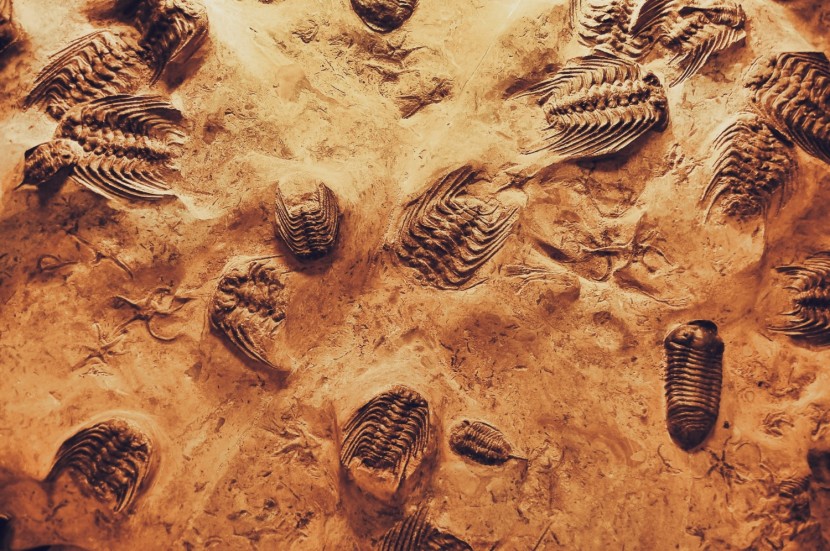
Researchers unearthed a treasure trove of 183-million-year-old fossils on a farm in England found on the outskirts of Gloucestershire in the Cotswolds, beneath the soil that is currently trampled under the hooves of grazing cattle.
They discovered the fossilized remains of fish, giant marine reptiles called ichthyosaurs, squids, insects, and other ancient animals dating to the early part of the Jurassic period. That timeline occurred roughly 201.3 million to 135 million years ago.
Treasure Trove of Jurassic Fish Fossils
Out of the more than 180 fossils that researchers logged during their dig, one of the standout specimens was that of a three-dimensional preserved fish head. It belongs to Pachycormus, an extinct genus of ray-finned fishes.
The fossil, which researchers found embedded in a hardened limestone nodule poking out of the clay in the area, was exceptionally well-preserved and contained soft tissues. This includes the ancient animal's scales and one eye.
Furthermore, the 3D nature of the pose of the specimen's head and the body was such that the researchers were not able to compare it to any other previous find. Neville Hollingworth and his wife Sally discovered the site of the fossils, as per Live Science.
Hollingworth is a field geologist with the University of Birmingham and his wife is a fossil preparator and is the dig's coordinator. The couple noted that the sample's eyeball and socket were well preserved, noting that usually, fossils are lying flat
But in this particular find, it was preserved in more than one dimension and it looks like the fish is leaping out of the rock. Sally said that she had never seen something like that before, noting that you could see its scales, skin, spine, and its eyeball.
According to Daily Mail, a paleontologist and a Visiting Scientist at The University of Manchester, Dr. Dean Lomax, was part of the team that was studying the site. He said that it was "quite remarkable" and noted that there were numerous beautifully preserved fossils of ancient animals that once lived in a Jurassic sea that covered that part of the UK.
Rare Specimens
The couple who discovered the site said that the fossils came from the Early Jurassic, specifically a time called the Toarcian. They said that the clay layers exposed at the site have yielded a significant number of well-preserved marine vertebrate fossils that are comparable to the famous and exquisitely preserved similar fauna of the Strawberry Bank Lagerstatte from Ilminster, Somerset.
They added that excavations at Kings Stanley over the last week have revealed a rich source of fossil material, particularly from a rare layer of rock that has not been exposed since the late 19th century.
Many of the specimens that were collected from the site will be donated to the local Museum in the Park, Stroud, where they will form a significant part of the museum's paleontology collections.
One of the team members, Alexia Clark, who is also the museum's Documentation and Collections Officer, said that they were excited to expand their knowledge of the geology of the Stroud District. They noted that they were looking forward to a time when they can share the amazing finds with their members and visitors, the National Tribune reported.
Related Article:
Ice Age Children Left Footprints in Megafauna Puddles Preserved 11,000 Years Later
© 2026 HNGN, All rights reserved. Do not reproduce without permission.








